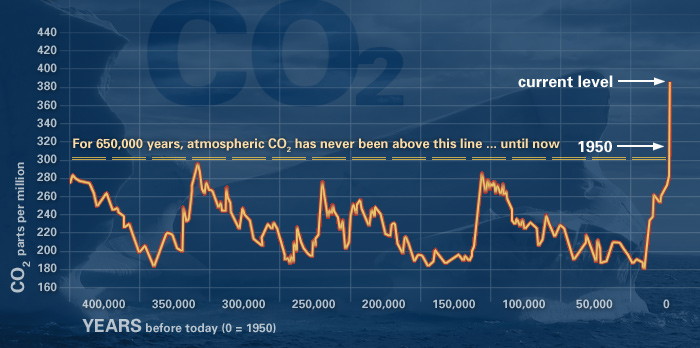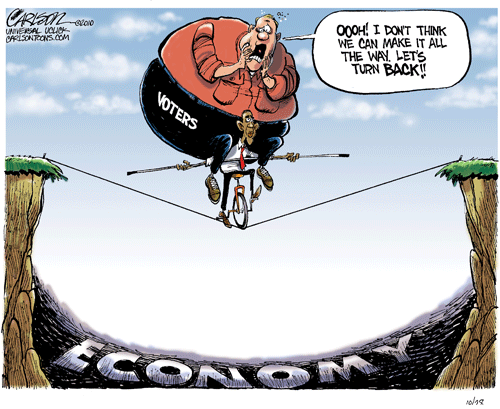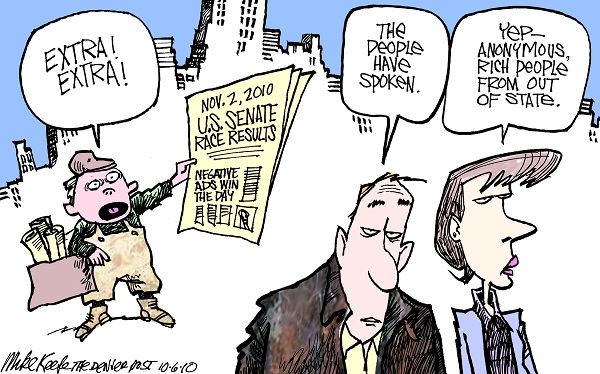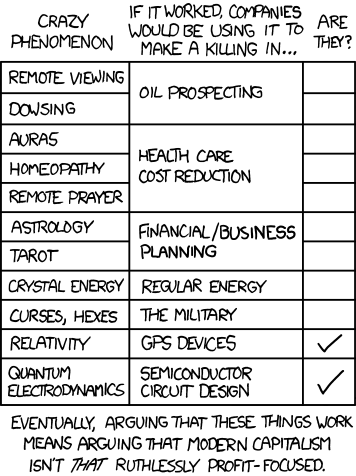One problem that's almost inevitable with series fiction is that authors continue to write new novels despite having nothing new to say about their setting or their characters. No doubt there's a strong financial incentive, for the author and the publisher both, to continue a successful series. But I suspect that authors also fall in love with their fictional worlds, just as we readers do, and can't bear to give them up.
Deceiver is the 11th in C. J. Cherryh's superb
Foreigner series, which started with the latter novel in 1994. I might call it cerebral science fiction, since there's far more introspection and conversation than action. But it's not at all boring. After a malfunction in their colony ship left them hopelessly lost, humans settled on the
atevi planet, trying to make friends with the natives. But misunderstanding on both sides led to disaster.
Centuries later, humans and
atevi live completely apart, with one human translator, Bren Cameron, as the sole point of contact. It is through his eyes that we discover this well-conceived alien society where his hosts cannot like him - literally
cannot, since they don't feel that emotion.
Atevi don't have "friends." Their society is based on a hierarchy of
man'chi, which is an emotion human beings cannot feel. Superficially, the two species are quite similar - similar enough for inter-species sex, in fact - but their differences are profound.
C. J. Cherryh makes this work. She shows us very likable aliens who can't "like" us back. And she makes the whole idea seem very plausible. Yes, we think, this society
could work. Since the initial contact between the two species ended in war, there's plenty of tension between them. Obviously, that would be the case even if they were exactly like human beings. But this difference, the fact that neither side can
feel what the other feels, makes inter-species contact a minefield that can blow up at any moment.
As you can tell, I love the series. But I've been wondering how long it can last. The seventh novel in the series,
Destroyer, was quite entertaining, but it didn't seem to tell us anything new. However, the following book,
Pretender, was excellent, since it turned the focus to Cajeiri, an alien child, and showed us how
man'chi might change during adolescence. But again, after that, neither of the last two books,
Deliverer and
Conspirator, seemed to add anything new. Yes, they were well-written and quite entertaining. But was Cherryh running out of new insights?
Well, apparently not. There's no shortage of insights in
Deceiver. In a way, it's odd, because this novel begins just two days after
Conspirator ends, and little time elapses from its beginning to the end. Also, there's even less action than in the previous stories, and some of what does occur is off-screen. The whole thing is mostly just internal monologues, as the main characters
think about what's going on. I know it doesn't sound interesting, but it really is.
Partly, that's because much of this introspection is from the point of view of Cajeiri, the eight-year-old alien child and son of the
atevi leader. We're seeing a very bright
atevi boy grow up. But more than that, this is a boy who'll be a powerful leader himself someday, likely heir to his father and ruler of the whole world. And he's an
atevi who's spent considerable time as a child among human beings, which makes him not at all typical.
Cajeiri has been a main character in the last few books, but he really steals the show in this one. And although he has a reputation for getting into trouble, he's really beginning to grow up now. In fact, he's starting to think through problems like his father, Tabini, and great-grandmother, Ilisidi, the two most powerful
atevi anywhere. Watching him do this is fascinating.
There's more. For one thing, we get to see some of the problems of
man'chi, as a couple of Cajeiri's guards have trouble attaching to him. This is something we really haven't seen before. And we get to see Lord Geigi through
atevi eyes - Cajeiri's - rather than through Bren's, which gives us a different perspective than we've seen before. All of this is new and all of it is very welcome to the series.
Of course, Bren Cameron is still a major focus of this novel, if not so much the
only focus as he was earlier. And Bren has a great insight near the end of this book, an insight that's actually very relevant to the real world. As usual, he's just thinking to himself:
He had to be smart enough first to figure Machigi accurately and then to get a self-interested and arrogant young lord to do a complete turnaround in his objectives, his allegiances, and his—
Well, Machigi's character was probably beyond redemption. He would be no better than he had ever been. The question was, in self interest, could he act in a way compatible with the interests of the aishidi'tat?
Get that? Machigi has been the bad guy, the enemy. He's not going to suddenly become a different person. Bren can't hope to change his character. No, Bren's goal is simply to make him
act differently, to act in a way that furthers Bren's purpose (which is generally to strengthen the
aishidi'tat, the
atevi government, and keep the peace).
Frankly, we could only hope that our leaders in the real world would begin to understand this kind of thinking. Instead, we make enemies and then hold onto them like long-lost friends. Look at Fidel Castro, in Cuba. Did we
ever try to change his behavior by offering him an alternative? (Obviously, we weren't ever going to change his character.) But, in fact, we seemed to
want him to continue as our enemy.
What kind of people
want enemies? What do you want most in all the world, someone to hate? And what, we can't put that desire aside even to further our
own purposes? Well, you can see why this part of the novel struck me so powerfully. It's another insight, only not just into this fictional world. It's an insight applicable to the real world, too. Great stuff, huh?
Most of this book is just people
thinking. And when they're not thinking, they're talking. If you must have nonstop action, this book - this whole series - won't appeal to you. But you probably know that already, if you're considering
Deceiver. Really, you
must read this series in order. If you want to try it out, get the first volume,
Foreigner. Don't try to start in the middle.
As you can tell, I was very pleased with this book. The worst thing about it is that it ends abruptly. It's not even a cliffhanger. It just seems to... stop. There isn't even an
attempt to wrap things up. It's very odd, because it seems like the book
could have been wrapped up to create a reasonable ending point, and quite easily, too. After all, we seemed to be at a good place in the story for something like that. So why wasn't it?
I suppose I'll have to wait for the next volume to find out. But I hope it's like this one. I hope C. J. Cherryh continues to have new things to say about the
Foreigner universe.










































